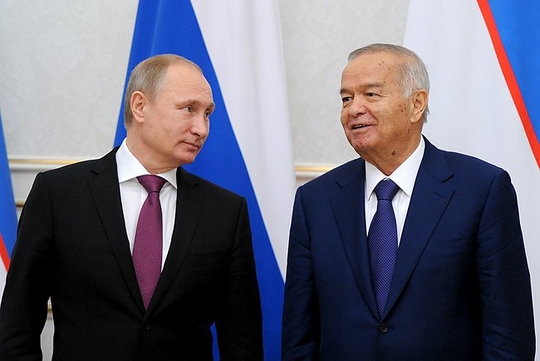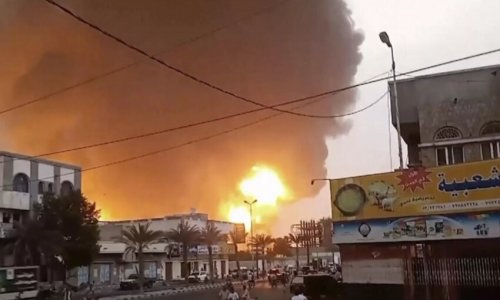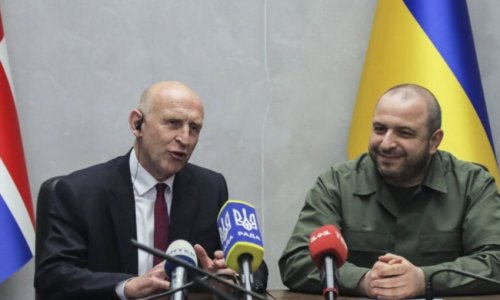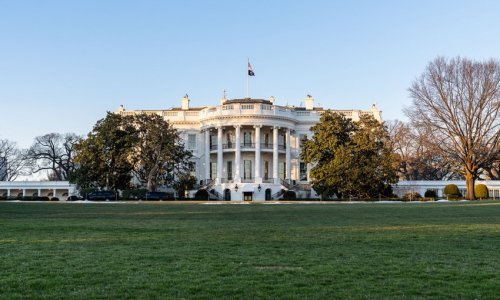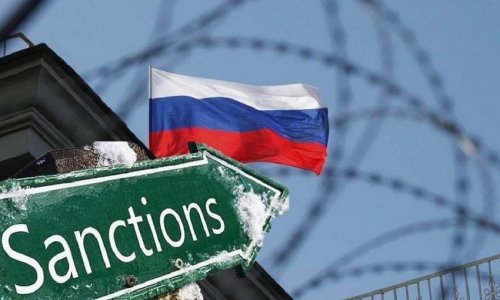Kyrgyzstan’s problems probably featured pretty low on Vladimir Putin’s to-do list when he traveled to Tashkent this week.
Some in Kyrgyzstan believe the Russian president, and only he, can end their country’s intractable disputes with its neighbor. There was hope, for example, that Putin could get Karimov to resume gas supplies to southern Kyrgyzstan.
Though Putin had a nice package of goodies for his Uzbek counterpart on December 10 – he wrote off most of Tashkent’s debt and showed support only a few months before Karimov is expected to stand for reelection – it is unclear what he got for Russia.
Per usual, Karimov ducked a press conference. And he did not publically opine on the elephant in the room: Tashkent’s future role, if any, in relation to Putin's Eurasian Economic Union.
One of the items supposedly on the agenda, however, was gas.
The standoff in the Fergana Valley directly involves Russia. Russia’s Gazprom had just taken control of Kyrgyzgaz in April when UzTransGaz said it had no obligation to supply Gazprom. Kyrgyzstan’s second-largest city has been without gas ever since.
The meeting failed to produce a breakthrough, Kyrgyz media reported.
Many analysts assume Uzbekistan is using gas to gain leverage over its poverty-stricken upstream neighbor as well as that neighbor's benefactor—Russia.
The three parties disagree over the hydroelectric dams Moscow is building in Kyrgyzstan. Tashkent fears the dams could mean less water for Uzbekistan’s strategic cotton sector. Russia says nonsense.
Deutsche Welle, citing an anonymous source "close to the Russian delegation,” said Karimov requested Moscow cease building the dams. Putin "let it be known [to Tashkent] that it does not intend to do that because the Kyrgyz position in this conflict has a basis and the Uzbek [position] has not been justified.”
Kyrgyz officials will be relieved to hear that. But they might wonder when Moscow is going to get around to starting the largest dam it has promised to build on the Naryn River, the billion-plus-dollar Kambarata-1.
Uzbekistan’s opposition to upstream hydropower projects is doggedly consistent. Tashkent also remains vehemently opposed to Tajikistan’s Rogun Dam project, to which the World Bank gave a green light earlier this year. By his own count, Karimov has been fighting the "stupid project” for over nine years now, and seems unlikely to give in any time soon.
(eurasianet.org)
ANN.Az
Follow us !

